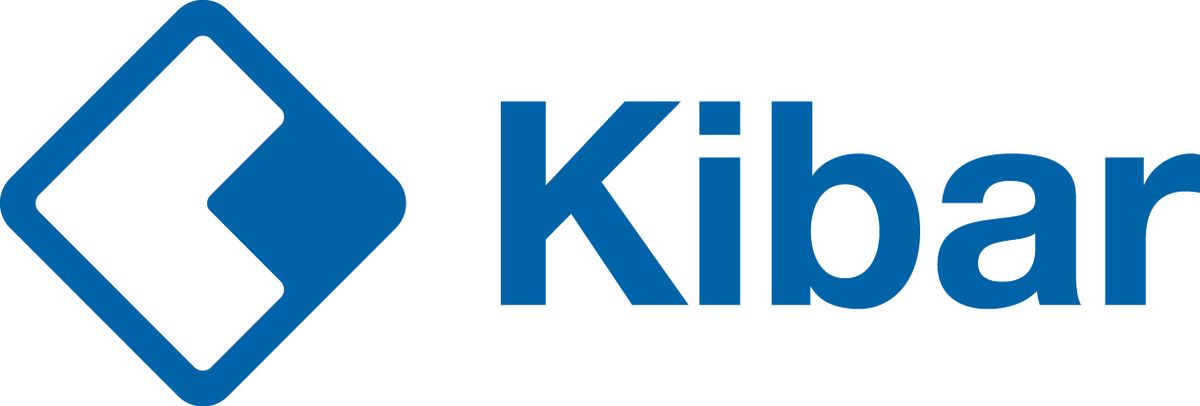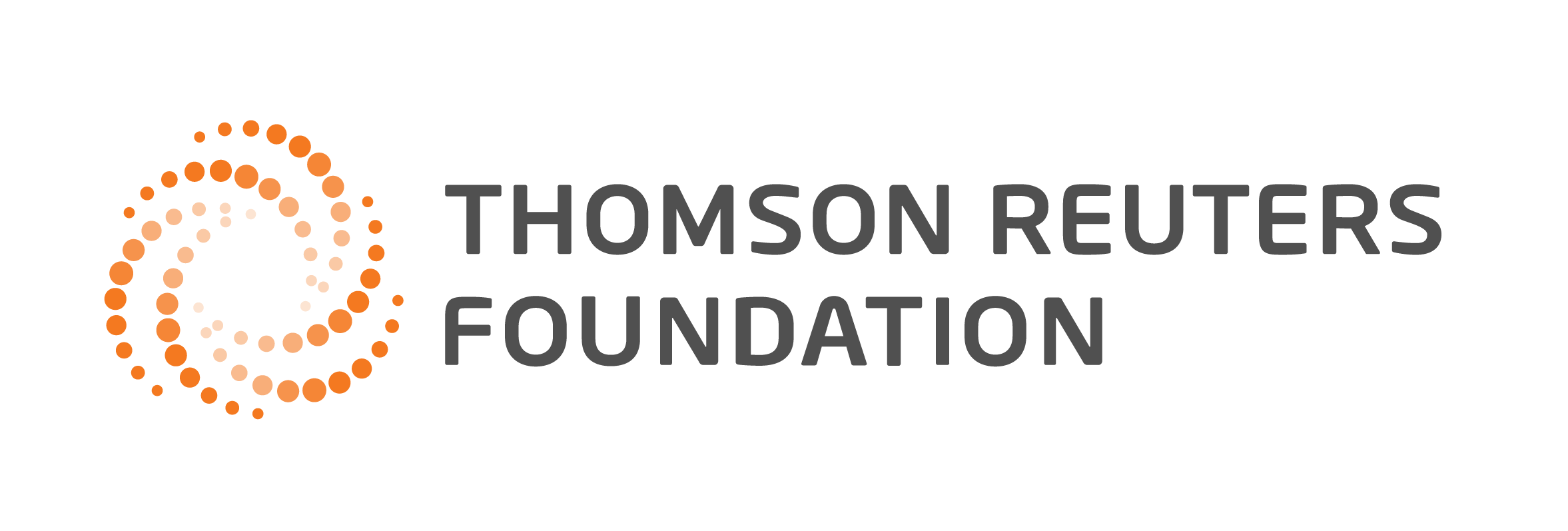Doing Business In Germany
In this article, Att. Bedrettin Gürcan and Feride Zülal San LLB will mention Doing Business in Germany. It is a summary of some important points, which are important before making a decision to doing business in Germany.
Why Germany?
Germany is a federal country made up of 16 states. It is the most crowded country of the European Union with a population of over 82 million.
So far we have assisted over 400 companies.
Aside from being the strongest economy in Europe, Germany is also one of the strongest economies in the world. Due to its stability, it was able to overcome the 2007/2008 global economic crisis with ease. According to the data announced by the Federal Statistics Bureau, Germany had a budget excess of 45 billion 300 million Euros in the first half of 2019. According to TUIK data, it consistently ranks at the top of the list of most importing countries in the world every year.
Germany is also very appealing to foreign investors. Alongside being the country investors in European Union invest in the most, it also attracts many investors from outside the European Union.
Although it is more expensive to invest in Germany then Eastern European countries, it gives more appealing results.
Gurcan Partners family aids many foreign investors who would like to form a company in Germany, with their office in Düsseldorf and attorneys who are experts in their field.
Company Types And Required Capital For The Establishment
The most common company type in Germany is GmbH’s (Gesellschaft mit beschränkter Haftung), with over a million instances. This type of company, equivalent of which would be a limited company, has its own legal entity.
Creating a GmbH in Germany isn’t limited to a number of shareholders. It can be created with only one shareholder. The Board of Directors has to be real, fully competent people.
Capital for the establishment has to be at least 25.000 Euros and when applying for a trading record, at least half of the budget has to be deposited to the bank account.
Starting a Business In Germany – Procedure, Time And Cost
- Check company’s name at the local chamber of industry and commerce: Online procedure, takes less than a day. The availability of company names for Berlin, for example, can be checked on the webpage of the Berlin Chamber of Industry and Commerce (Please be aware that Germany has 16 states. Our team will carefully check your company name)
- Notarize the Articles of Association and Memorandum of Association: This process takes one day.
- Creating a company bank account
- Deposit minimum capital into a bank: This amount is 25,000 Euros for the GmbH and the process takes one day. (%50 of the capital must be deposited to the account)
- File the Articles of Association through the notary public and register the company with the
- Local Commercial Register: This process takes up to 3 days. The total amount is approximately 400 Euros.
- Notify the Local Office of Business and Standards of the establishment of the company: Online procedure, takes less than a day. It costs 31 Euros.
- Register with the Professional Association of the relevant trade: Online procedure, takes less than a day.
- Notify the local Labor Office of the establishment of the company: Online procedure, takes less than a day.
- Register employees for health and social insurance: Online procedure, takes less than a day.
- Register with the local Tax Office and obtain VAT number: The most bureaucratic part of building a company is obtaining a VAT number. At this stage, our licensed accounting company Gurcan Consultancy obtains the VAT number alongside company establishment.
As seen above, there is a procedure consisting of 9 steps to complete GmbH installation in Germany. In addition to these, one of the most important steps to establishing a company is creating a bank account. Gurcan Partners has an international team that is able to perform all steps required to establish a company with ease due to their accumulated experience.
Doing Business Scores
According to World Bank Group’s Doing Business 2020 Germany Report, Germany has scores of;
- Staring a business 83.7/100
- Getting credit 70/100
- Protecting minority investors 62/100
- Trading across borders 91.8/100
Tax Rates In Germany
Some tax rates in Germany are as shown below:
- Corporate income tax: %15
- Trade tax: %11-17
- Tax on insurance contracts: %19
Inflation Rates In Germany
As of October 2019, Germany’s inflation rates have been calculated as %1.14.
Main Industries In Germany
Main industries in Germany according to DEIK Germany report;
- Electronics industry: Germany leads the European Union in the manufacturing of semiconductors. The electronics industry grows continuously in Germany.
- Chemical Industry: Germany is the largest chemical importer in the world. Germany is also the world leader in terms of chemical R&D expenditure and import.
- Aviation and Aerospace Industry:
- Automotive Industry: Germany leads the European Union in the automotive industry, and ranks third in the world.
- Tourism: Germany is one of the biggest tourist attractions in Europe, therefore has an advanced tourism industry. It is also one of the most preferred industries amongst Turkish investors.
- Banking:
- Energy: Germany meets most of its energy needs through imports and makes significant investments and R&D expenditures on renewable energy sources.
- Construction:
- Mechanical Industry: Germany is the leading exporting country in the mechanical industry. A large portion of the patent applications made in the world in the field of mechanical engineering is made by German companies.
- Food Industry
- Agriculture
Germany has many fields of business. Most active areas of service in order;
- Retail Trade
- Hotels and Catering
- Handicrafts
- Wholesale Trade
- Manufacturing Industry
- Construction














